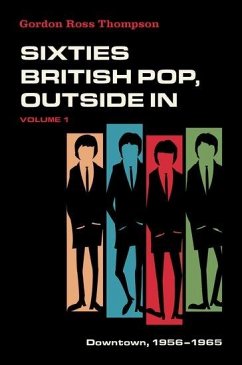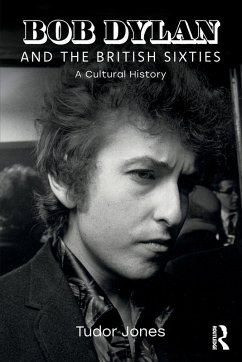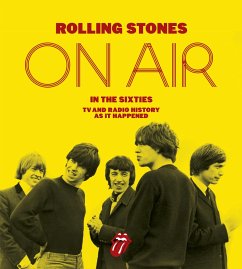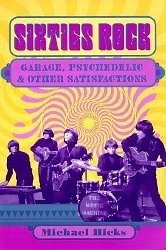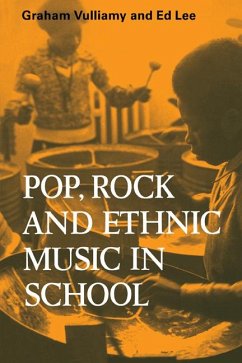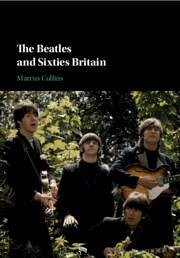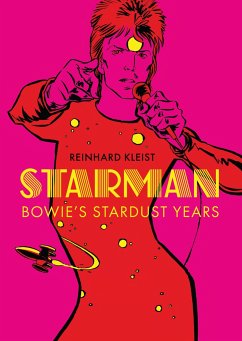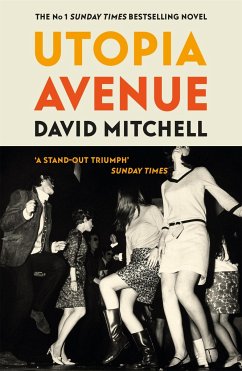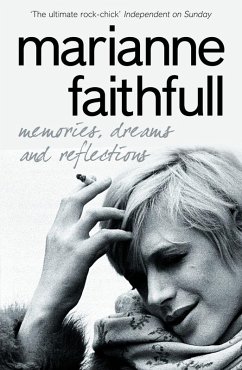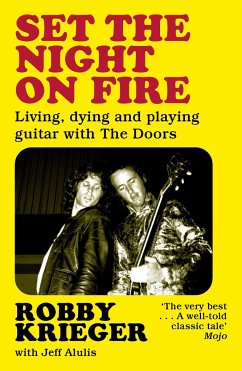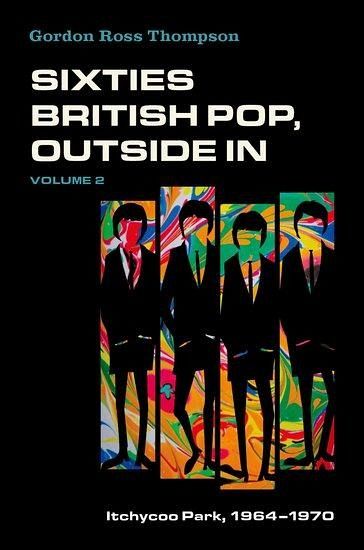
Sixties British Pop, Outside in
Volume 2: Itchycoo Park, 1964-1970
Versandkostenfrei!
Versandfertig in über 4 Wochen
35,99 €
inkl. MwSt.

PAYBACK Punkte
18 °P sammeln!
Itchycoo Park, 1964-1970--the second volume of Sixties British Pop, Outside In--explores how London songwriters, musicians, and production crews navigated the era's cultural upheavals by reimagining the pop-music envelope. Thompson explores how some British artists conjured up sophisticated hybrid forms by recombining elements of jazz, folk, blues, Indian ragas, and western classical music while others returned to the raw essentials. Encouraging these experiments, youth culture's economic power challenged the authority of their parents' generation. Based on extensive research, including vintag...
Itchycoo Park, 1964-1970--the second volume of Sixties British Pop, Outside In--explores how London songwriters, musicians, and production crews navigated the era's cultural upheavals by reimagining the pop-music envelope. Thompson explores how some British artists conjured up sophisticated hybrid forms by recombining elements of jazz, folk, blues, Indian ragas, and western classical music while others returned to the raw essentials. Encouraging these experiments, youth culture's economic power challenged the authority of their parents' generation. Based on extensive research, including vintage and original interviews, Thompson presents sixties British pop, not as lists of discrete people and events, but as an interwoven story.



